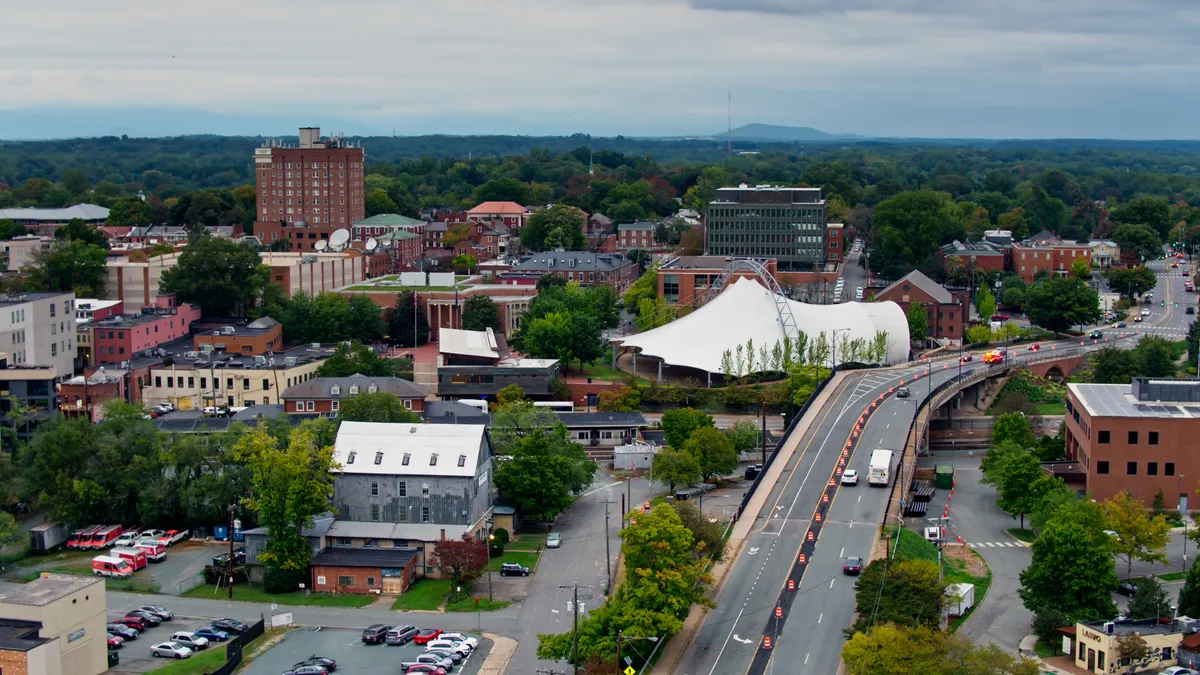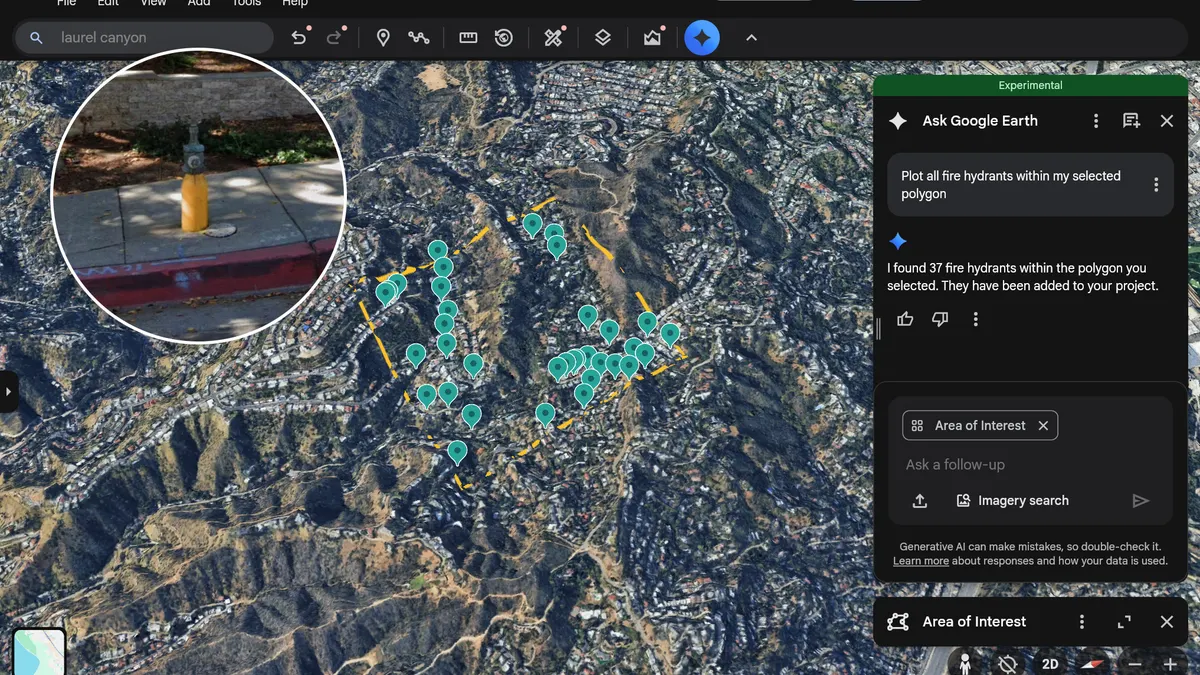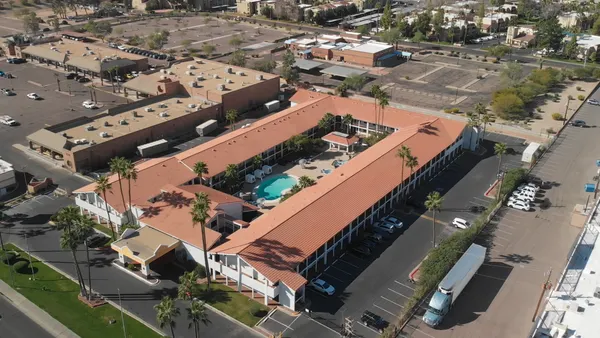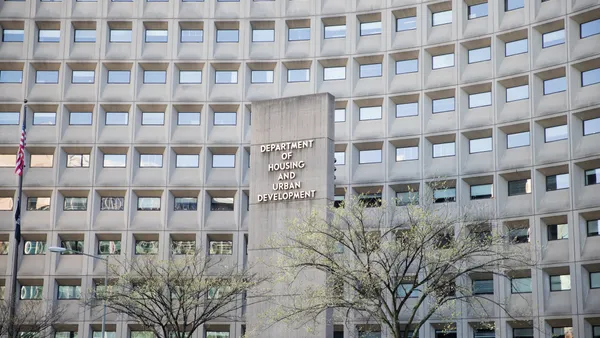One Virginia city’s long, litigious journey to updating its zoning ordinance has come to an end — almost.
The Charlottesville City Council voted unanimously Oct. 20 on a resolution to settle a lawsuit brought by residents who argued the city failed to follow certain procedural requirements, including studying potential impacts of the change to its infrastructure, in 2023 when it updated its zoning to allow more housing density.
The legal saga had left the city without a zoning ordinance in June after a circuit court judge ordered the code nixed when the city failed to meet a filing deadline.
The compromise? The city will fund two studies of its infrastructure, according to a Charlottesville Tomorrow news report: one on transportation impacts and one to model future infrastructure and public service needs.
The city floated that compromise to the plaintiffs in July and they rejected it, City Attorney John Maddux told the City Council Oct. 20. However, the plaintiffs recently approached the city again with the same offer, according to Maddux.
“I think it’s the best outcome in this case,” Maddux said. “It’ll help us move forward with clarity and purpose with our zoning.”
Maddux asked the City Council to set aside $650,000 for a Virginia Department of Transportation analysis, although Maddux said he believed the study will likely be “far, far south” of that figure — and that’s much less expensive than going through a trial that was slated for September 2026.
“I think we’re in a much better situation than we feared we might be,” Vice Mayor Brian Pinkston said at the meeting.
The city’s updated zoning eliminates single-family zoning and parking space requirements at new developments, moves intended to address the city’s housing affordability crisis.
Charlottesville is not alone in facing litigation over attempts to spur development. Residents sued another Virginia city, Roanoke, this year after it eliminated single-family-only zoning.
This month’s move to settle the lawsuit in Charlottesville has the city looking forward again.
“For the last couple of years, when we’ve talked about having perhaps some amendments to the zoning ordinance, we’ve said, ‘Well, let’s get this lawsuit behind us,’” Council Member Lloyd Snook said in introducing a new development topic to the council. “And now I think we’re getting there.”











